Why Sühring is not your typical German restaurant
It’s ranked number 13 on Asia's 50 Best Restaurants 2017 list, so why haven’t we heard of Sühring? The 18-month-old restaurant’s rise to fame in Bangkok has been nothing short of meteoric, thanks to the talents of identical twin chefs Mathias and Thomas Sühring.
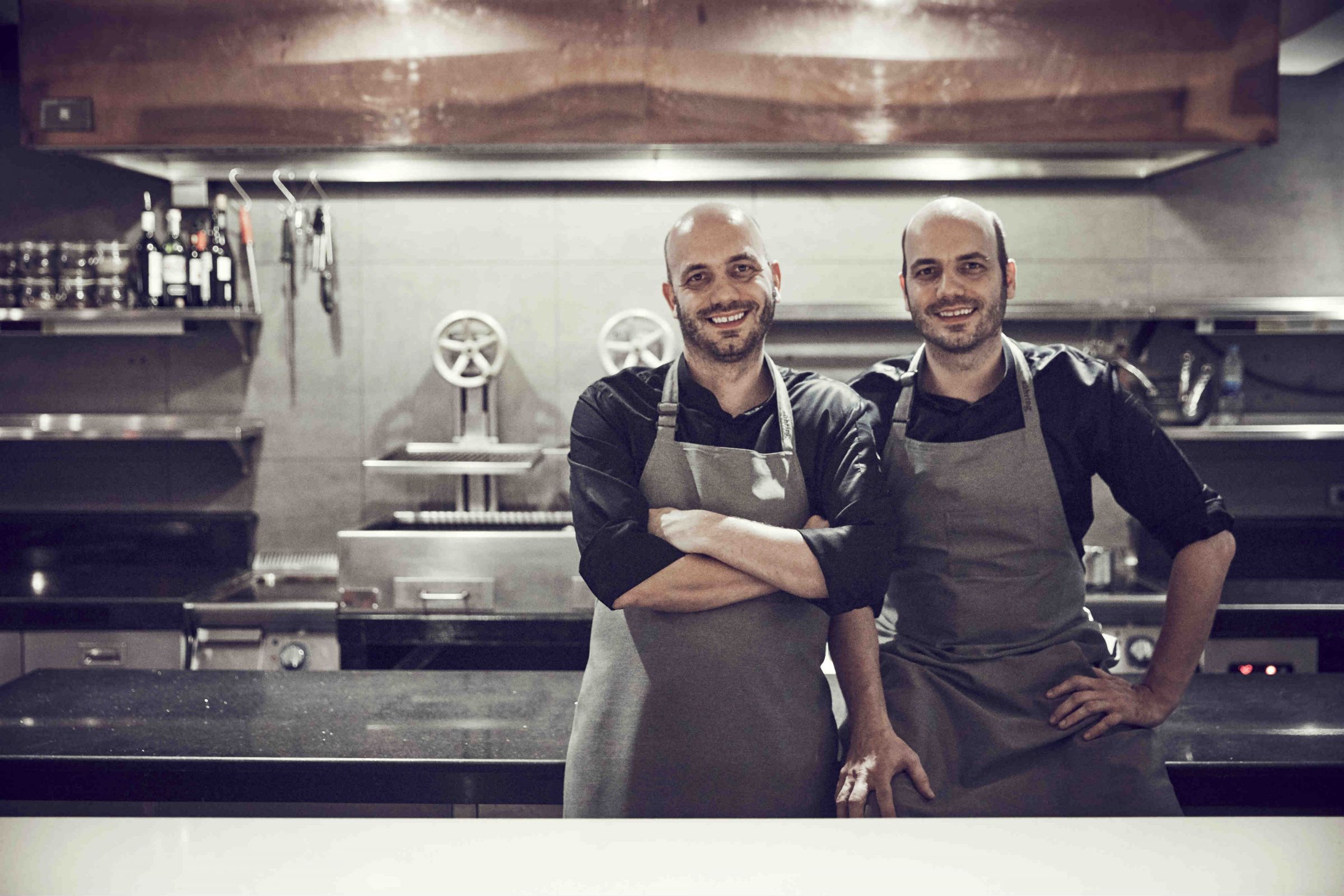
Most husband-and-wife or sibling teams who work in the same restaurant usually take on different roles to complement each other’s strengths: one may be the business brain or manning the floor as the maȋtre d’ or sommelier, while the other is leading the charge in the kitchen. But at Bangkok restaurant Sühring, identical twin chefs Mathias and Thomas Sühring perform the same roles all of the time, and most people can’t tell them apart.
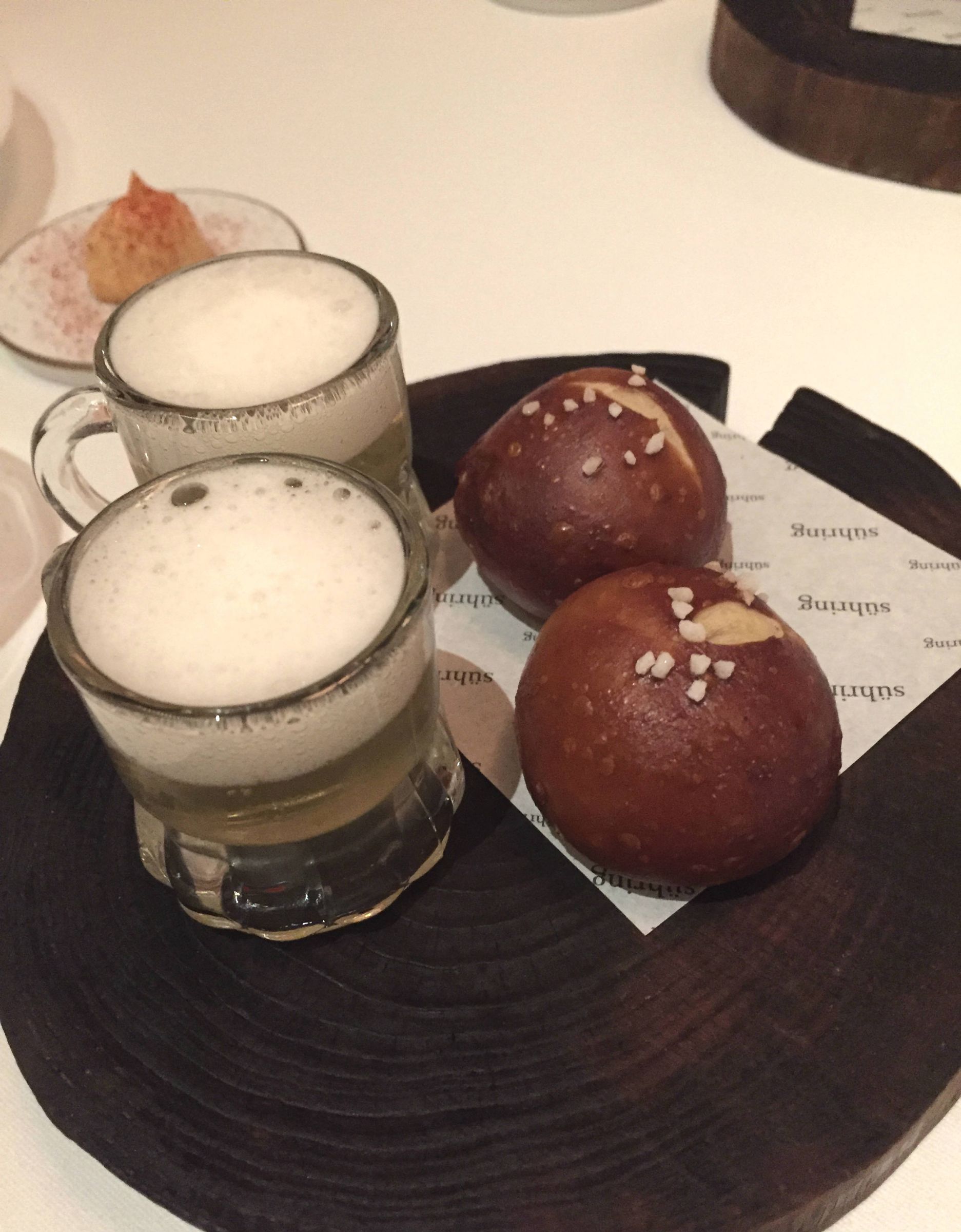 Born and raised in Berlin, they made their bones in kitchens across Germany, Italy and the Netherlands — working under top toques such as Sven Elverfeld and Heinz Beck — before coming to Bangkok in 2008 to head the reputable Mezzaluna together.
Born and raised in Berlin, they made their bones in kitchens across Germany, Italy and the Netherlands — working under top toques such as Sven Elverfeld and Heinz Beck — before coming to Bangkok in 2008 to head the reputable Mezzaluna together.
After seven years honing their craft in various European cuisines, the twin chefs decided it was time to celebrate their own culinary inheritance. Partnering with Gaggan Anand, chef-owner of the number 1 restaurant on the Asia’s 50 Best Restaurant 2017 list, they opened Sühring last year to almost immediate acclaim – number 13 on Asia’s 50 Best Restaurant 2017.
The twins recently flew to Singapore to collaborate with the much feted Julian Royer of two Michelin-starred Odette fame. Over a 10-course meal, Mathias and Thomas served up modern German cuisine like we've never tasted before: their signatures included the Toast and Hawaii, an iconic pineapple and Maraschino-topped ham and cheese open sandwich; the Brotzeit, and Omas Eierlikör, a traditional German eggnog made from the twins' grandmother's secret recipe.
We went behind the kitchen door to find out who and what inspires the twins.
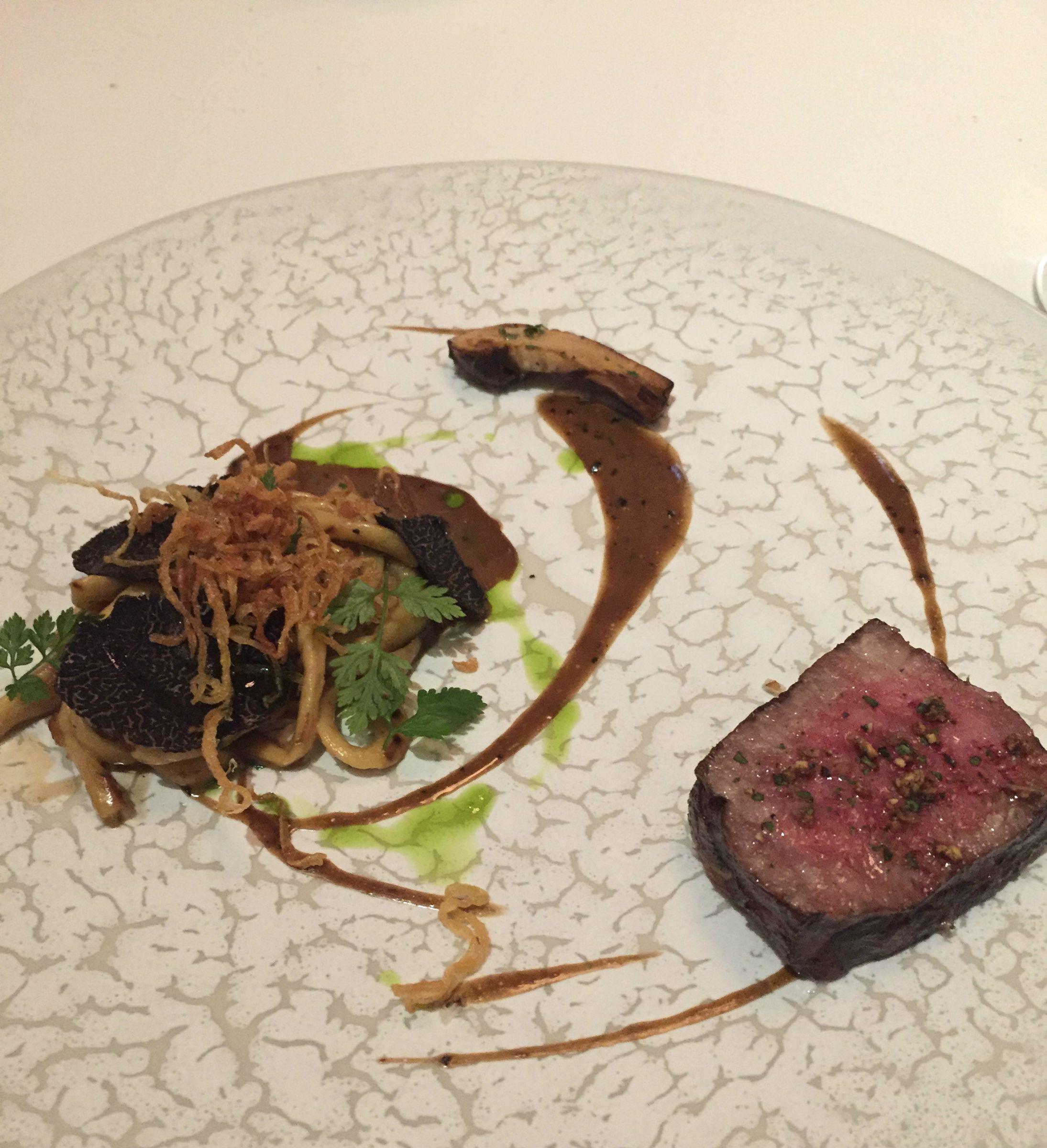
What made both of you decide to move to Bangkok?
Thomas: In 2007, Mezzaluna contacted me to take on a management post, but I wasn’t ready to be that far away from home. So I was thinking of saying no in the most polite way – I told the manager that I have a brother and that I will go if he can come along. Because of this I was expecting the comments like “okay, we cannot do that, maybe next time”, but he said yes. So I couldn’t refuse. This was all how it started.
Why did you choose to cook German food in Bangkok?
Mathias: We wanted to cook the food from where we grew up, and from our memories. And we did. Right now, we are doing food that is a bit more contemporary and fun to eat, because German fare is not known as a cuisine that people like to eat as compared to Spanish and Italian (food).
Thomas: It was a hard and risky decision to focus on German food because nobody actually likes it much. I remembered we were asking our colleagues and friends for their opinions, and 99 per cent of them advised us not to choose German fare but to explore Italian, European or Japanese cuisine. But we wanted a unique concept that nobody has done in Thailand or Asia, and German cuisine came to our minds.
How has the journey been thus far?
Thomas: It’s been great! The restaurant scene in Bangkok is growing and developing. When we started nine years ago, there was not much of a fine dining scene and the supply of produce was lacking. Now you can actually get almost everything within two or three days. You can also find a lot of farmers in Thailand supplying their produce to restaurants; this started two, three years ago. They try to grow ingredients specific for chefs and that is very nice.
Matthias: We like to work with the community in Thailand. The flavour profiles of German and Thai food are not the same, but you have the sourness of the dishes in Thailand which is similar in Germany. Of course, you don’t have the spiciness. But the culture of sitting down together and sharing dishes is also what we do in Germany.
Your food is partly inspired by your grandmother’s recipes. What is your favourite childhood dish and how have you interpreted it?
Matthias: It’s not only the dishes but also the experience we had at our grandma’s farm — harvesting things from the forest and preserving foods.
Thomas: When we were small, we ate bread five days a week, so it’s in our blood. At Sühring, we make a course called brotzeit, which is like a picnic built around freshly baked bread with homemade cold cuts, pickles, cured fish and condiments. Every night after service, we have a slice of bread with some butter and ham, and it’s a good memory for us.
Is there a lot of conflict or support when both of you work in the same kitchen?
Thomas: It’s nice to have someone you can trust absolutely and rely on. It’s very emotional because we have shared our entire lives together. Of course, we have different points of view, but at the end of the day, as twins we push each other to excel further.
SHARE







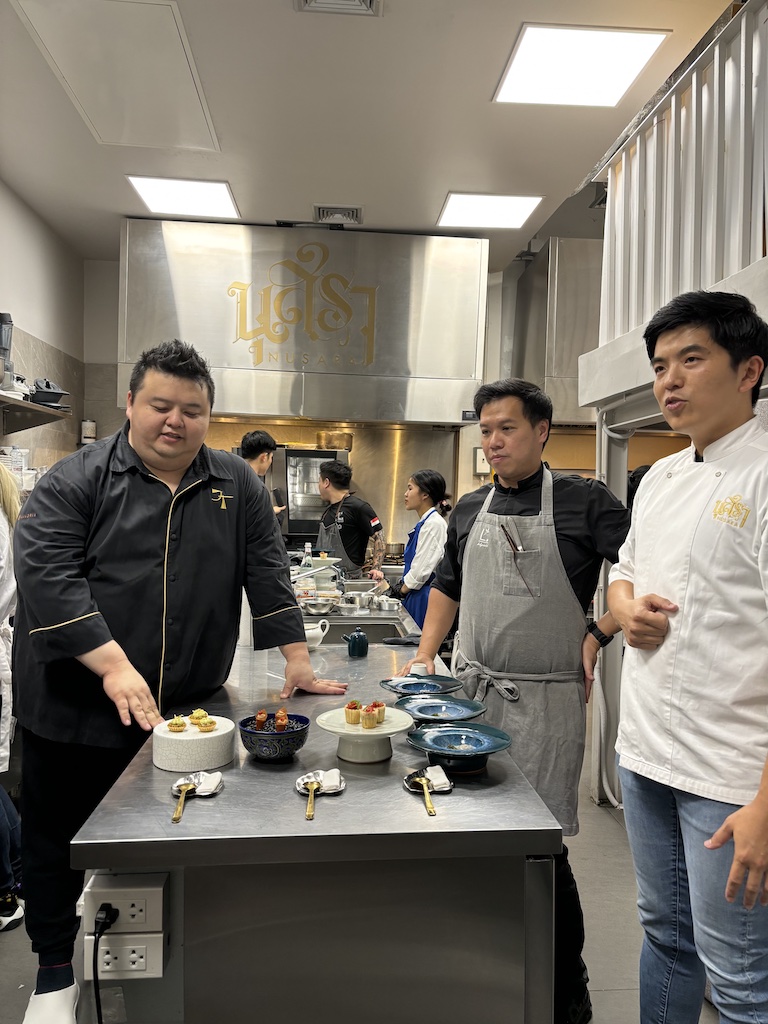
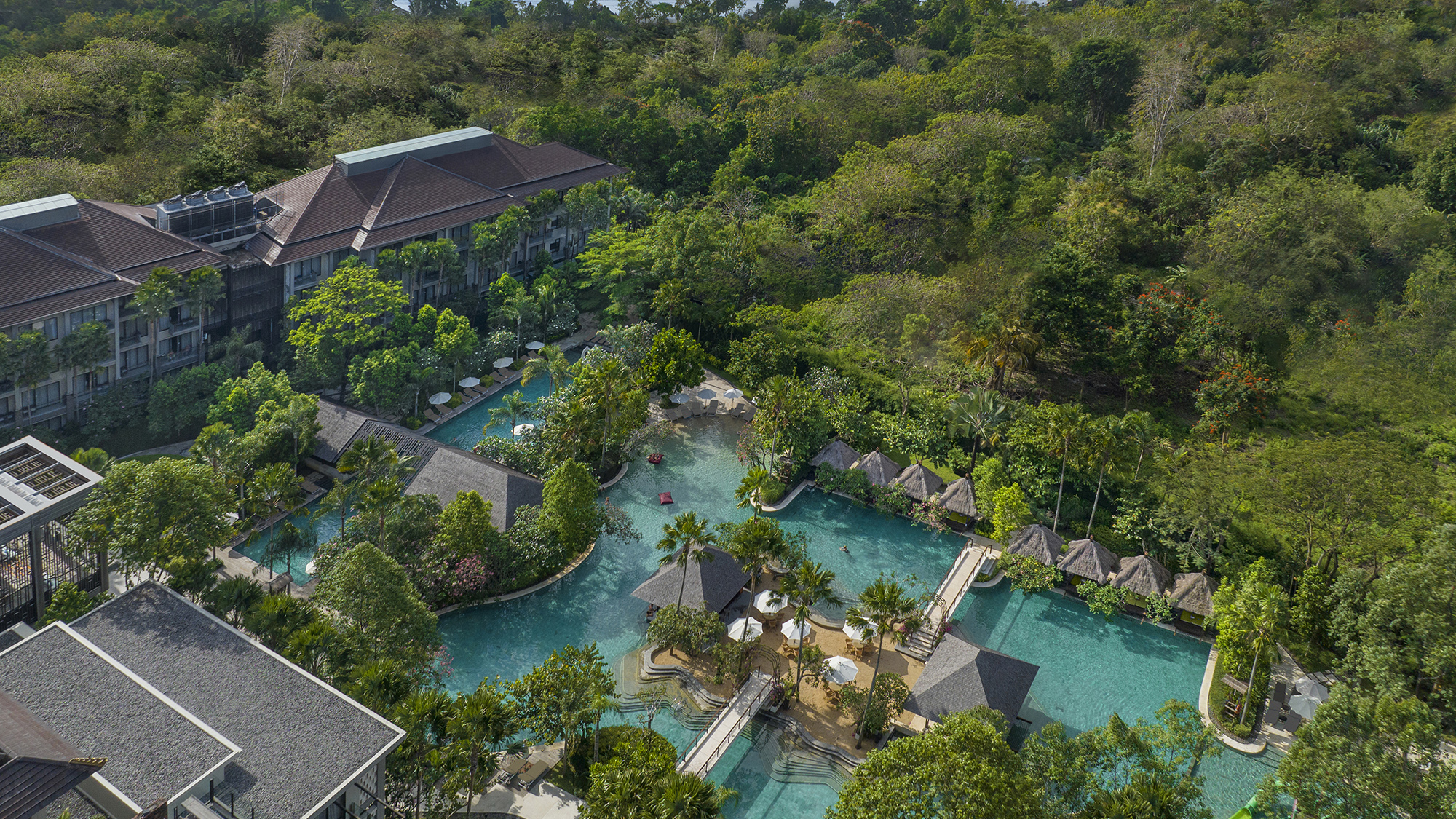
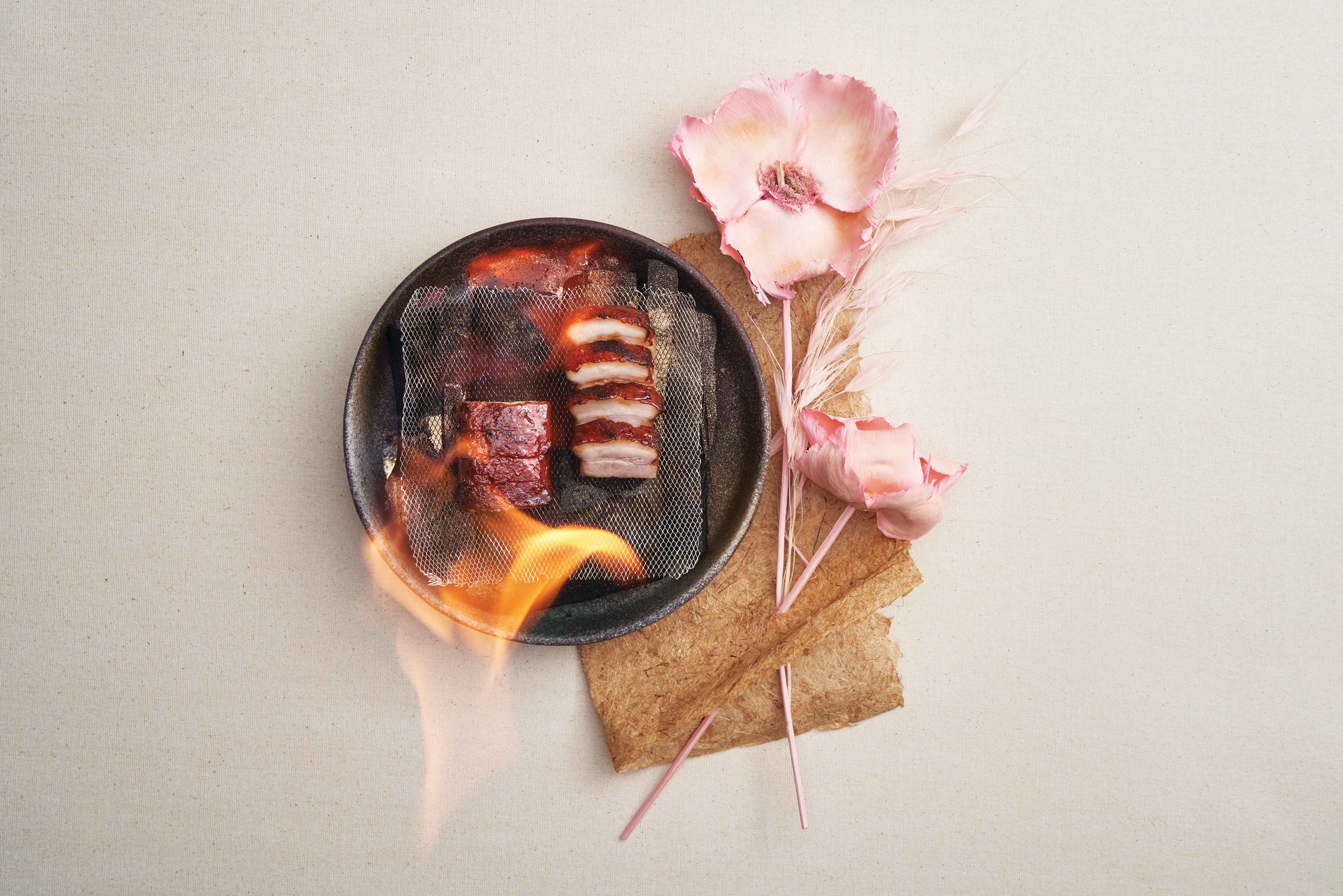







 SUBSCRIBE
SUBSCRIBE